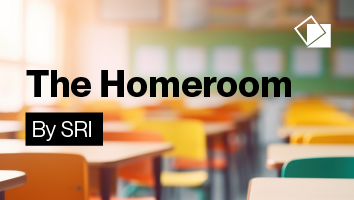Citation
Peters, V. L., & Songer, N. B. (2013). Evaluating the usability of a professional modeling tool repurposed for middle school learning. Journal of Science Education and Technology. DOI 10.1007/s10956-012-9422-8.
Abstract
This paper reports the results of a three-stage usability test of a modeling tool designed to support learners’ deep understanding of the impacts of climate change on ecosystems. The design process involved repurposing an existing modeling technology used by professional scientists into a learning tool specifically designed for middle school students. To evaluate usability, we analyzed students’ task performance and task completion time as they worked on an activity with the repurposed modeling technology. In stage 1, we conducted remote testing of an early modeling prototype with urban middle school students (n = 84). In stages 2 and 3, we used screencasting software to record students’ mouse and keyboard movements during collaborative think-alouds (n = 22) and conducted a qualitative analysis of their peer discussions. Taken together, the study findings revealed two kinds of usability issues that interfered with students’ productive use of the tool: issues related to the use of data and information, and issues related to the use of the modeling technology. The study findings resulted in design improvements that led to stronger usability outcomes and higher task performance among students. In this paper, we describe our methods for usability testing, our research findings, and our design solutions for supporting students’ use of the modeling technology and use of data. The paper concludes with implications for the design and study of modeling technologies for science learning.


